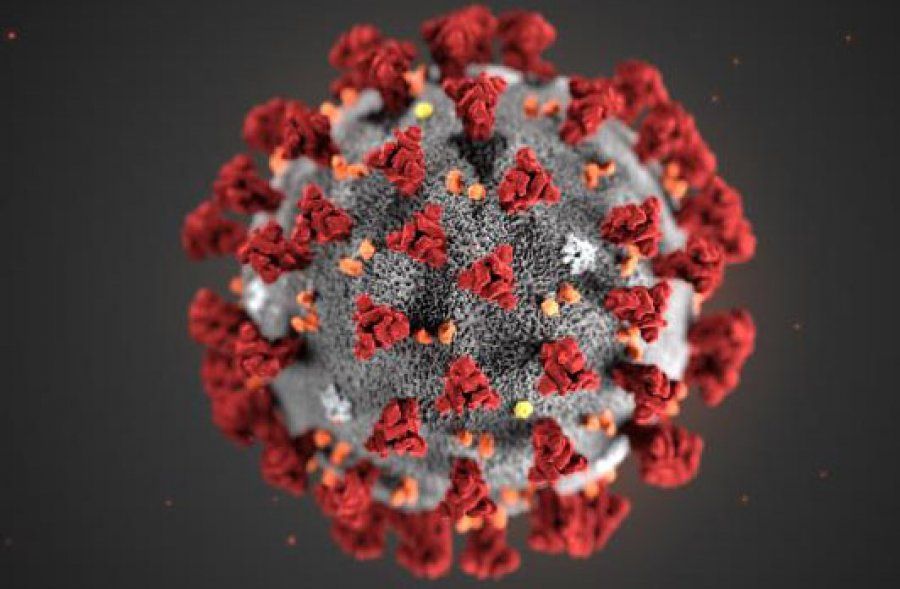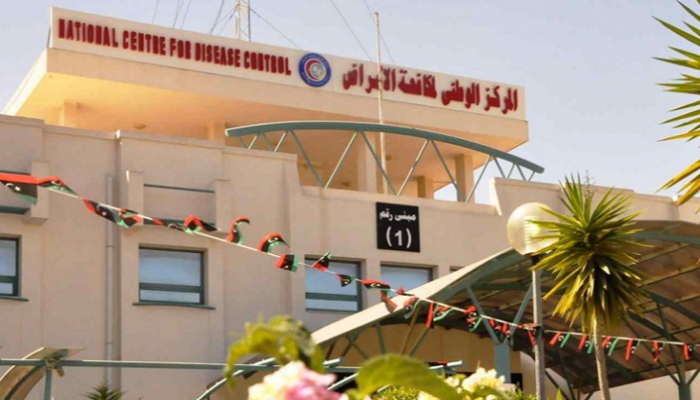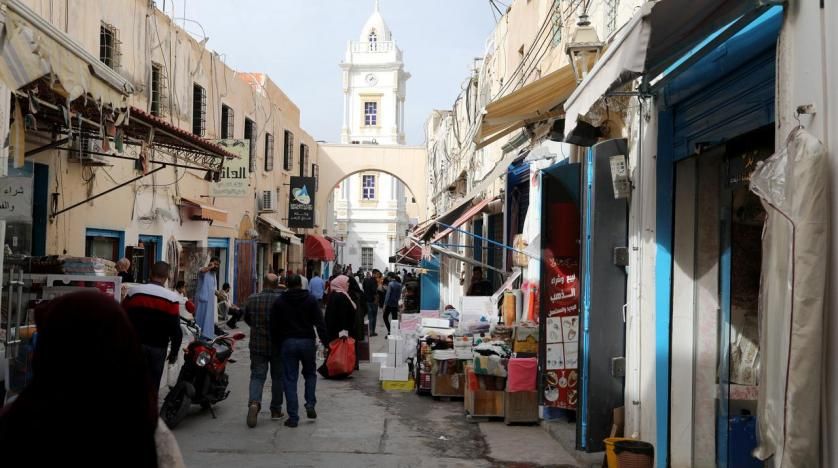Developing economies could see sharper recession in 2020, World Bank warns
Senior World Bank officials on Friday warned that developing economies could see a deeper recession than currently expected if consumption and investment do not rebound quickly after the coronavirus pandemic.
In a blog posting on the Bank’s website, officials said the preliminary baseline scenario forecast a “grim” 2% drop in economic output in developing countries, the first contraction in these economies since 1960 and a sharp swing from average growth of 4.6% over the last 60 years.
But it said the situation could be “considerably worse” and output in those economies could drop by nearly 3% if just one of the Bank’s assumptions failed to materialize, and investment and consumption did not rebound as hoped.
“Even if three months of mitigation measures prove effective in halting the pandemic, investors and households could remain skittish or local or global supply chains may not be restored,” wrote Ceyla Pazarbasioglu, vice president for equitable growth, and Ayhan Kose, director of the development prospects group.
“Under such a scenario, the hit to global output would be larger — and developing economies would end up experiencing a deeper recession” that could reduce output nearly 3%, they said.







